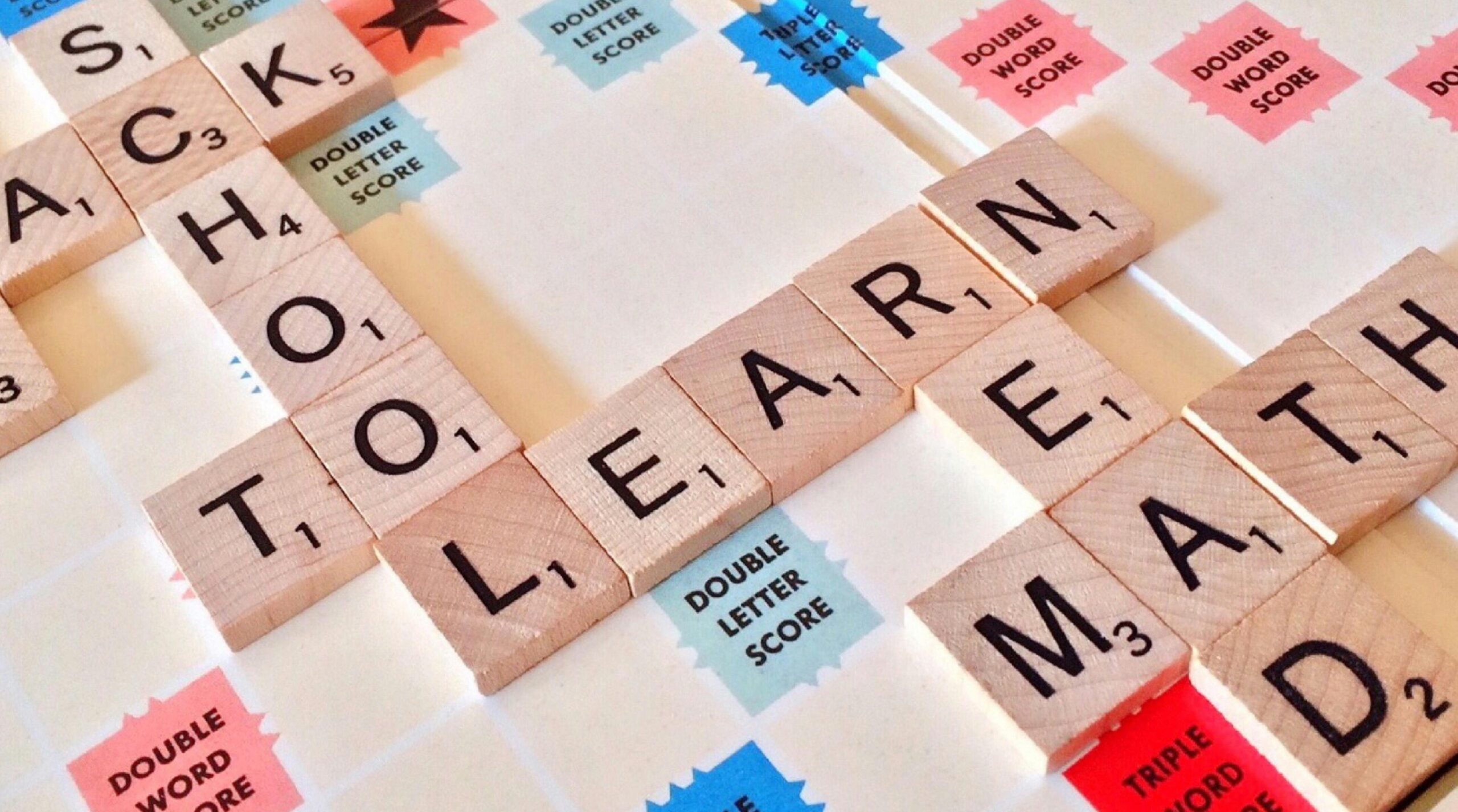Reading books is a timeless activity that not only expands knowledge but also sharpens critical thinking and creativity. However, many readers struggle to retain and apply what they read. This guide offers actionable tips to help you read books more effectively, whether for learning, leisure, or self-improvement.
1. Set Clear Goals for Reading
Before diving into a book, determine why you’re reading it. Ask yourself:
- Are you reading for knowledge or entertainment?
- What do you hope to gain from this book?
- Which book should I read ?
Pro Tip: Write down specific objectives. For instance, if you’re reading a business book, aim to learn three new strategies to apply in your career.
2. Choose the Right Books
Selecting the right book is crucial. Avoid starting books just because they’re popular; focus on those aligned with your interests and goals. If you are having problem with choosing right book to read you can go to this post top 5 best psychology books
Tips for Selection:
- Use reviews and summaries to evaluate books.
- Follow recommendations from trusted authors or experts in your field.
- Explore different genres to expand your horizons.
3. Preview Before You Read
Spend 5-10 minutes skimming the book to familiarize yourself with its structure. Look at the:
- Table of contents.
- Introduction and conclusion.
- Headings and subheadings in each chapter.
This helps you grasp the core ideas and themes beforehand.
4. Create an Ideal Reading Environment
Distractions can hinder comprehension and retention. Ensure your reading space is:
- Quiet and comfortable.
- Free from digital interruptions (turn off notifications).
- Well-lit, with proper posture support.
Pro Tip: Allocate specific reading times during the day to build a habit.
5. Take Notes While Reading
Note-taking reinforces learning and helps retain information. Use one of these methods:
- Highlighting: Mark key sentences but avoid overdoing it.
- Margin Notes: Jot down your thoughts or questions beside important points.
- Separate Notebook: Write summaries, quotes, or actionable ideas.
6. Practice Active Reading
Passive reading leads to forgetfulness. Instead, actively engage with the text:
- Ask questions while reading (Why? How?).
- Relate the content to your personal experiences or knowledge.
- Predict what might come next in the book.
7. Pause to Reflect
Don’t rush through the book. After each chapter, take a moment to reflect:
- What are the main takeaways?
- How can you apply these insights in real life?
Pro Tip: Discuss your reflections with a friend or in a book club to solidify your understanding.
8. Use Technology Wisely
Enhance your reading experience with tools and apps:
- Goodreads: Track your reading progress and find recommendations.
- Kindle Highlights: Review and export highlights for easy reference.
- Audiobooks: Complement physical reading with auditory learning.
9. Summarize What You’ve Read
At the end of the book, write a brief summary of its key ideas. This helps reinforce what you’ve learned and creates a reference for future use.
10. Revisit and Review
Revisiting books allows you to discover new insights. Re-read your notes or favorite sections periodically to deepen your understanding. If you wanted to buy the book you can buy from here.



This is awesome post man!! I get really carried away and start to read book from now